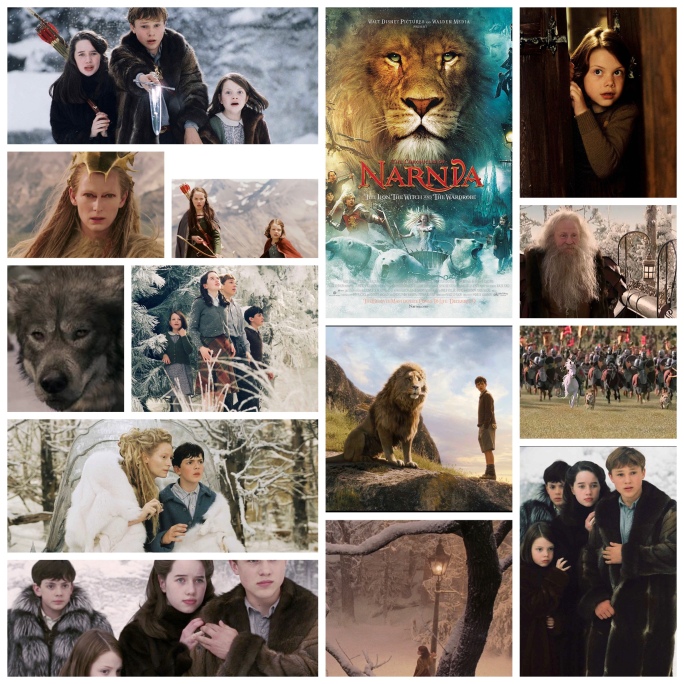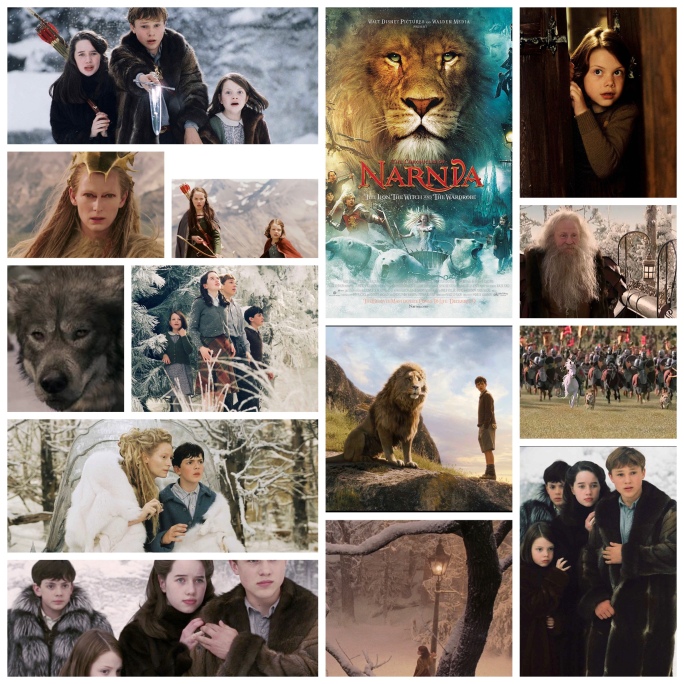
The Chronicles Of Narnia: The Lion, The Witch And The Wardrobe is a dazzling, indisputable success, as both a standalone film and when viewed next to its literary counterpart. It stands as a milestone for me, in the sense that it’s pretty much the only film adaptation of a book that was very special to me growing up to not only do the story justice, but to come out a winner as the best cinematic vision of it possible. It’s a feast for the eyes, ears and spirit, and remarkably, a lot of it plays out exactly how my memories of the book do. Having said that, I would advise avoidance of the sequels, one of which I’ve seen and it put me off going any further. Prince Caspian felt lazy, rushed and cheap, all the mystery and wonder found here was gone, not to mention they fudged up the progression of the series and completely skipped The Horse And His Boy, one of my favourites. This one is the real deal and hits the right notes, and from the opening frame when a rattling POV shot of bombs descending on a WWII ravaged London, the film assures us that it means business, and isn’t going to slip into the pandering, glossy, watered down Young Adult world of adaptations. The Pevensie children, four precocious English youngsters, are sent away from the conflict to live with a distant relative in the country. There, they find a desolate old mansion, populated only by a starchy old goat of a housekeeper and the eccentric Professor Kirke (Jim Broadbent, brief but memorable). They also stumble upon a magical wardrobe leading to a vast kingdom called Narnia, filled with talking beasts, castles, forests and more legendary creatures than you can shake a stick at. Lucy (Georgie Henley is the perfect, darling Lucy I imagined), the youngest and most intuitive of the four, is first to venture through, meeting kindly fawn Mr. Tumnus (James Macavoy) who tells her that Narnia has fallen on hard, wintry times. Her siblings back in our world don’t believe her, until they too are whisked through into the land, unknowingly thrust into an adventure to save Narnia, which will well likely put them in more danger than anything WWII has to offer. The four are uncannily well cast: William Moseley brings the humbled nobility and budding leader in Peter magnificently, Anna Popplewell shows the compassionate warrior’s heart in Susan, and Skandar Keyes expertly handles the arc of Edmund, the black sheep of the group with lessons to learn, both bitter and sweet. They are pit against Narnia’s resident villain and warlord, the malicious White Witch Jadis (Tilda Swinton will freeze your heart), with the help of many a talking animal, including friendly Mr. Beaver (Ray Winstone), and the messianic lion and all around badass Aslan (Liam Neeson, because who else would you cast?). Michael Madsen provides his raspy growl to the voice of Maugrim, the Witch’s top wolf lieutenant in her lupine secret police force, and other hidden Easter eggs of voiceover work can be heard from Dawn French as Mrs. Beaver and Rupert Everett as a Fox. Scope and spectacle are paramount in bringing the world of Narnia to life, and the filmmakers spared no expanse here: The children delve into chases, battles, betrayals, icy encounters with the witch, sword fights and all sorts of wonder, including a surprise visit from Father Christmas himself, warmly intoned by James Cosmo. Equally important as the razzle dazzle are the quiet, contemplative conversations that flourish into important character beats and lessons for all involved. The four are at a crux of human development, and vulnerable to stimuli both internal and external. Even though the story takes place in a magical, heightened world of fantasy, the interactions and human behaviour couldn’t feel more real. It’s beautifully carried over from the book, violent darkness and uplifting light included and born on the gilded wings of a stirring musical score from Harry Gregson Williams that swells to near transcendent heights when we reach that climactic battle. Swinton switches up the traditional theatrics that Barbara Kellerman brought to the BBC production (that version is a whole other story) in favour of a vicious, unrelenting and at times almost extraterrestrial portrayal of the witch, she’s cunning, manipulative and oh so evil. Director Andrew Adamson brings magisterial beauty to it visually and stages the battles with kinetic but focused energy. I love this film, not a note felt false to me when keeping the book in mind as I sat in the theatre, and that is incredibly rare if the source material means something to me.
-Nate Hill
